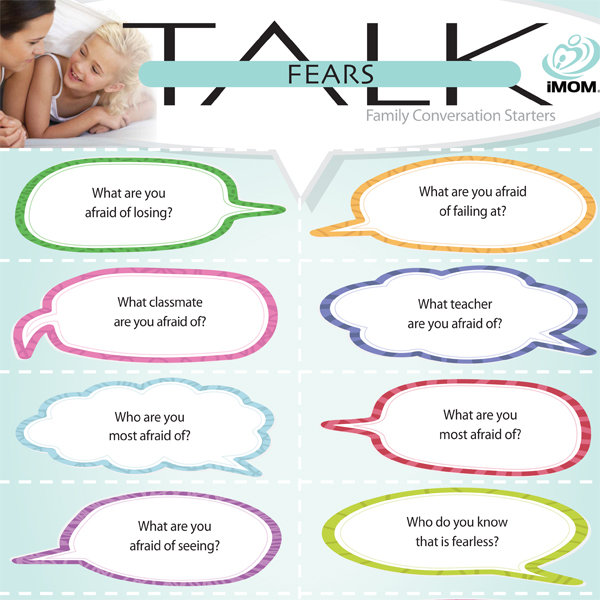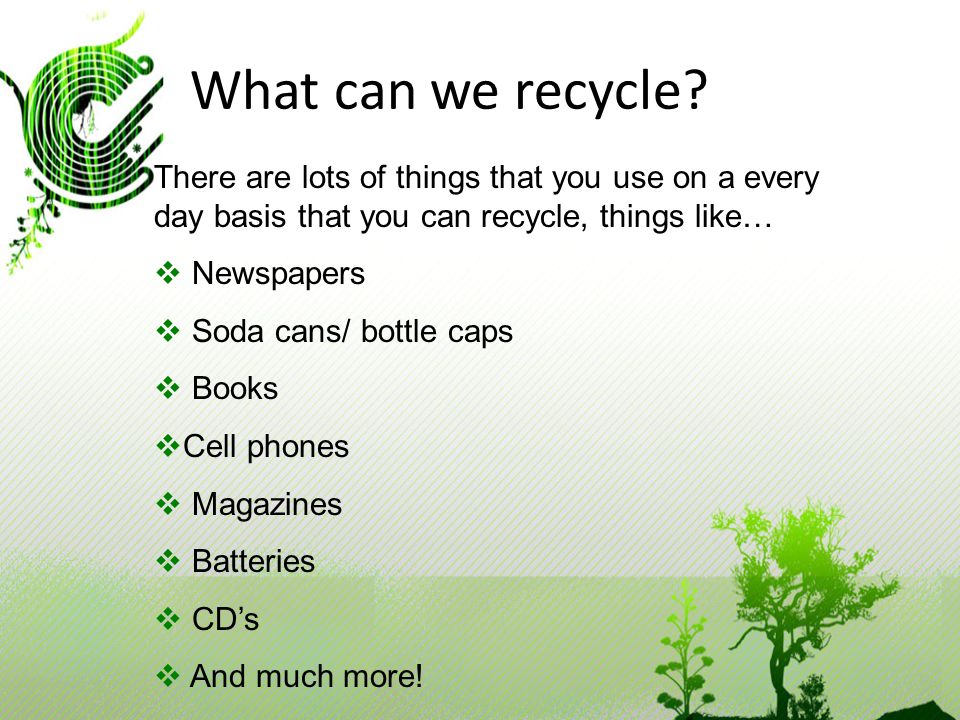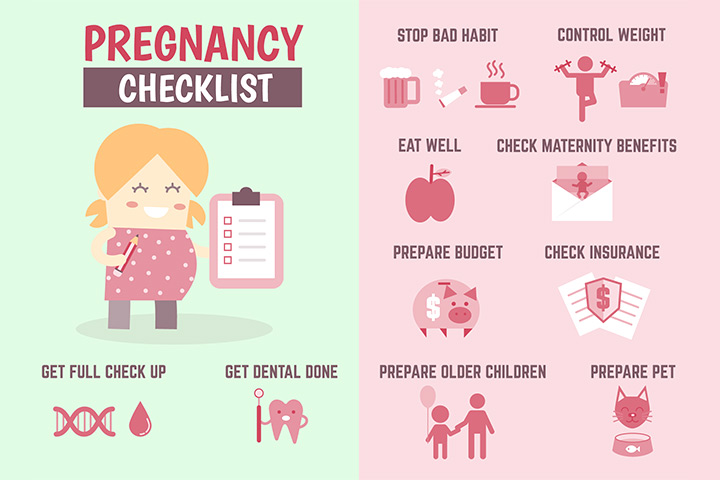How to raise a grateful child book
How to Raise Grateful Kids in an Entitled World
Raising grateful kids in an entitled world can be downright challenging at times. Kristen Welch tells how her family is trying to break the mold of entitlement to raise grounded, grateful kids.
(This post contains affiliate links. If you click on a link and purchase the item, I will receive a commission at no extra cost to you.)
There comes a time when every parent is smacked in the face with it – the ingratitude, the entitlement, the sense that even though the world has been handed to your kids, it’s still not enough.
For Kristen Welch and her husband Terrell, those attitudes surfaced during a cherished annual family outing: the Houston Livestock Show.
Each year the Welch family drives down to Houston to attend the show – the biggest indoor rodeo in the United States. But this year was a little different. This year, the Welches decided it was time to buy their three kids cowboy boots at the show – an expensive and somewhat extravagant purchase, but a Texas rite of passage nonetheless.
The day had been fun – there were treats and games and most of all cowboy boots.
But once the Welches headed for home, complaints and ungrateful remarks were heard from the backseat. One of their kids had been showing signs of entitlement for weeks and this attitude was flaring up again. Their family outing had been a splurge from the beginning but apparently wasn’t enough.
Warnings had been given but the complaining didn’t stop.
Terrell had enough. “That’s it. When we get home, I want you to pack your boots back in the box.” he said. The plan was to return the boots to a local shoe store.
How to Raise Grateful Kids in an Entitled World
The title of Kristen Welch’s book “Raising Grateful Kids in an Entitled World” sounds like the typical how-to parenting book. Do this, and your kids will be like that.
But Welch’s ability to tell stories, stories of her own life and others, pulls the reader in, exposing Welch’s failures, mistakes, and successes.
We’re right there with her as she wrestles with her decision not to allow her kids to have smartphones until high school. And cringe as a special family outing is cut short after escalating quarreling and ingratitude don’t stop.
The tone of Welch’s book feels more like chatting with a close friend than advice from an expert. The successes the Welch family has experienced are both insightful and inspirational and their challenges help us feel we’re not alone.
And while Welch’s book is chock full of research and lessons learned from other parents, there’s no doubt where Welch’s real source of inspiration lies – in her Christianity. God and Jesus are mentioned nearly every other sentence in the book.
For some readers, this blatant Christian message will be inspiring. But even if you’re not Christian or even religious, don’t write this book off – it’s still loaded with great advice on how to raise grounded kids.
What Parents Need to Do to Stop Entitlement
Raising kids is hard.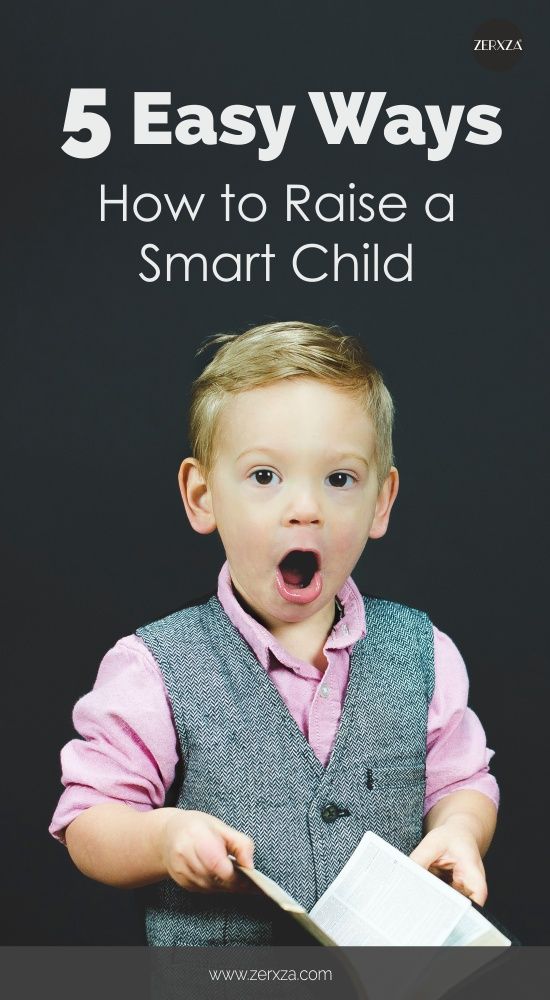 Raising kids who are grateful and show few signs of entitlement can seem downright impossible at times.
Raising kids who are grateful and show few signs of entitlement can seem downright impossible at times.
Welch describes how easy it is to get sucked into the Western, and especially American, culture of wanting more, of never being satisfied and pursuing happiness with material things. But she concludes:
“My buy-in to the notion that I needed more of the best for myself and my kids didn’t satisfy me. Its pursuit actually left me feeling emptier than when I had less.”
It wasn’t until she went on a trip to Kenya with Compassion International that Welch realized her perspective was all wrong. The experience flipped a switch and made her realize that entitlement doesn’t start with kids, it starts with parents. Parents entitle kids because parents themselves are entitled.
So in order to raise grateful kids in an entitled world, according to Welch, we need to first look at ourselves. As she says in the book:
“And as uncomfortable as it sounds, parents who want less entitled kids have to be less entitled themselves, and parents who want to raise more grateful kids need to start by living more grateful lives. ”
”
But there is more to raising grateful kids than just simply demonstrating it ourselves. Welch suggests we look carefully not only at the way we are spending money on our kids but also on how we discipline them and guide them through life.
Some of the over-arching themes of the book include:
- Be a parent, not a friend to kids: you can be their friend once they’re independent.
- Don’t be afraid to say “no” and experience the resulting fallout: no matter how ugly it is.
- Stick to rules you think are best for your kids, even if it makes them uncool: for example, holding off on giving them smartphones.
- It’s OK if kids experience failure or unhappiness: sometimes the best way to help our kids is to not help them, Welch says.
- Don’t let your home become a child-centered home: “In a child-centered home, kids expect more of us and less of themselves.”
None of these directives is easy. They go “against the flow,” Welch says, against our mainstream culture where many kids are given what they want and parents cater to their every need.
They go “against the flow,” Welch says, against our mainstream culture where many kids are given what they want and parents cater to their every need.
Parents need resolve to raise kids who go against the grain. To raise kids who look outward rather than inward, who rely on their own abilities rather than mom and dad’s, and who are grateful for what they have and what they have been given.
And About Those Boots…
After that tough car ride home from the Houston Livestock Show, Terrell threatened to take away his child’s boots. The only problem was he couldn’t find the receipt.
Instead, the boxed boots were placed on a high shelf in the laundry room. Payment to get the boots back was to work – three days of weed picking in the huge mulched areas in the front and back yards of the family home.
And work the child did. Over the next few days and even through a rainstorm, those weeds were pulled.
After an apology, the boots were returned. “You earned these,” Terrell said as he handed back the boots.
This wasn’t the only time ingratitude was expressed in the Welch household, Kristen explains, and it certainly wasn’t the last.
And it was hard. Hard to see the boots taken away. Hard to see the child get to work.
But as Welch says: “…it was the day we called out entitlement in our home and waged war against it. It was the day we reestablished the fact that we wanted to raise grateful kids more than anything else.”
And so the quest began.
You may also like:
Prevent Kids’ Sense of Entitlement With This Proven Method
Rewarding Kids for Good Behavior: What Works and What Backfires
How to Raise Responsible Kids – Not Just Obedient Ones
What to do next…
1. Subscribe to Self-Sufficient Kids’ email list.
Like what you read here and want to learn more? Every Thursday I’ll send you one parenting tip about raising self-sufficient kids and creating the peaceful relationship you yearn to have with your child. Click here to sign up.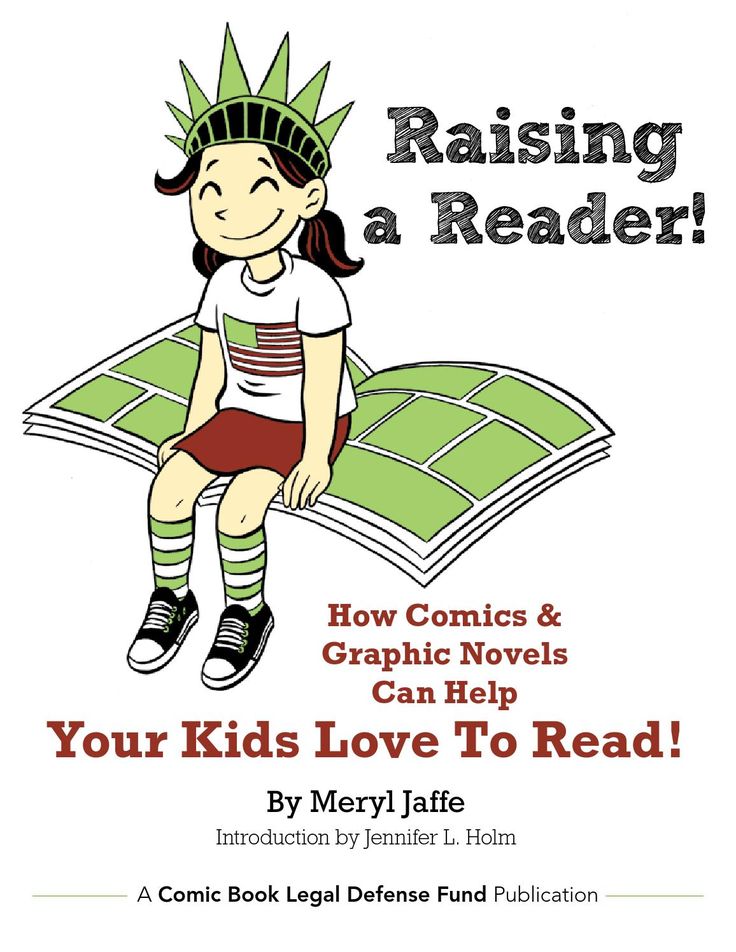
2. Take one of my quizzes!
Find out if you’re raising a self-sufficient kid (click here) or if you’re doing too much for your kids (click here). At the end of each quiz, you’ll be asked to provide your email address to see the results.
3. Get your kids started on chores.
Learn how to get your child started on chores (& keep them motivated + avoid power struggles) by enrolling in my Get Your Kids Successfully Started on Chores course. Click here to learn more and sign-up.
4. Become a member of The Empowered Parents Collective.
As a member of the Empowered Parents Collective, you’ll have access to targeted positive parenting advice in the form of mini-courses, expert interviews, Q&A from a certified parent educator, and more. Click here to learn more and sign-up.
About Kerry Flatley
Hi! I’m Kerry, the mother of two girls and a certified parent educator. I believe it is possible for parents to have a supportive, loving, and warm relationship with their kids while raising them to be independent and ultimately self-sufficient. Over the years, I’ve read numerous books and articles that support this belief and I’ve put these ideas into practice with my own kids. Read more about me and Self-Sufficient Kids here.
Over the years, I’ve read numerous books and articles that support this belief and I’ve put these ideas into practice with my own kids. Read more about me and Self-Sufficient Kids here.
7 Ways to Raise Grateful Kids in an Entitled World
Reading Time: 8 minutes
In an increasingly entitled world, is it even possible to raise grateful kids? These 7 ways will help you get started!
I’ll never forget the moment my own entitlement dawned on me.
I was a 19-year-old college student spending a month studying in Costa Rica. I had only been out of the country once before–to the United Kingdom when I was 17. But this was my first experience in a country with a language I could only fumble through at the time.
While trying to order a Subway sandwich in a mall, the workers began to laugh at me. I felt my face brighten and my blood pressure mount. I’m sure I grimaced at the workers before I took my sandwich and made my way to a table to eat.
Although I didn’t say it out loud, I’m ashamed by the words that ran through my head that day:
“How dare they! How dare they laugh at me! Don’t they realize I am an American! Don’t they realize I am from the greatest country in the world?!”
Within seconds, the Holy Spirit gave me a nudge: “And why are you any better than they are, Erin? Are you not all made in the image of God?”
Talk about a wake-up call!
I wish I could say that my entitlement ended there, but it didn’t.
More than a decade later, I found myself grumbling under my breath that I was above government aid, that I was an “educated” woman, that I shouldn’t be “on the system,” as I waited in line at the health department to submit my application for food stamps.
Oh how those lean years humbled me!
I’m now convinced that almost every American has struggled with at least a small amount of entitlement–but, sadly, most of us will never recognize it.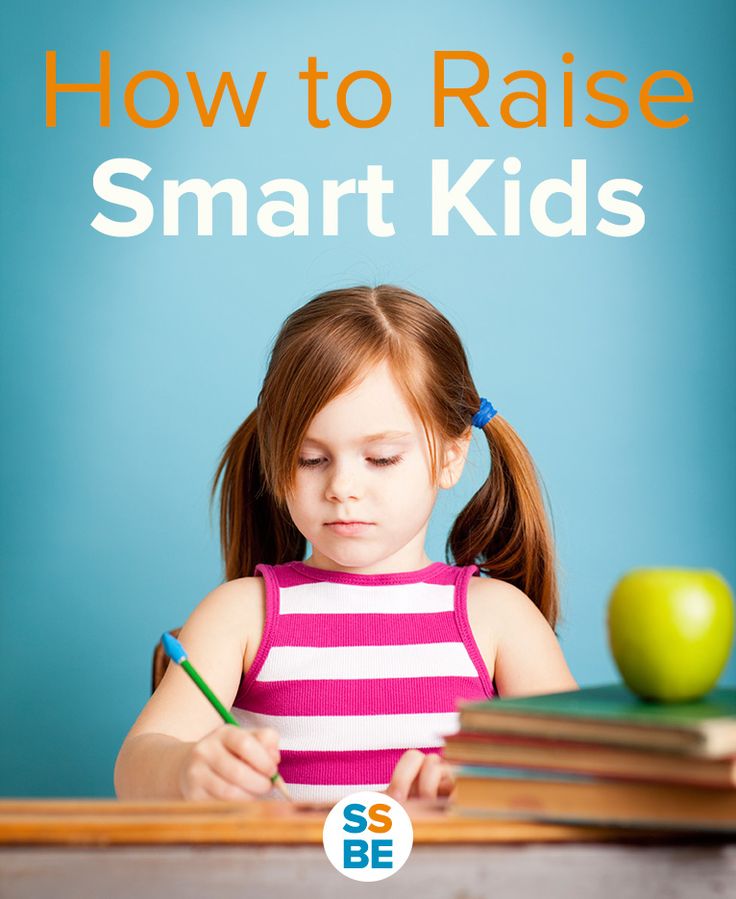 Truly, we have no idea the blessings we have in this country, as the “American dream” entices us to accumulate more and more.
Truly, we have no idea the blessings we have in this country, as the “American dream” entices us to accumulate more and more.
How will we ever raise grateful kids in an entitled world if we do not even recognize it in ourselves?
Over the weekend, I started reading a book that is rocking my world right now, and it’s resonating with exactly the way my husband and I hope to raise our three girls.
I was so blessed that Tyndale House sent me a pre-release copy of Raising Grateful Kids in an Entitled World, but the good news is that the book is actually released to the public today!
In the beginning of Raising Grateful Kids in an Entitled World, the author, Kristen Welch writes:
“Entitlement didn’t start with my kids. It began with me. I entitled them because I was entitled.” ~Kristen Welch, Raising Grateful Kids in an Entitled World
That got me thinking: Just what are some ways in which families can seek to end our own entitlement and foster gratitude in our kids?
I came up with 7 Ways to Raise Grateful Kids in an Entitled World:
1.
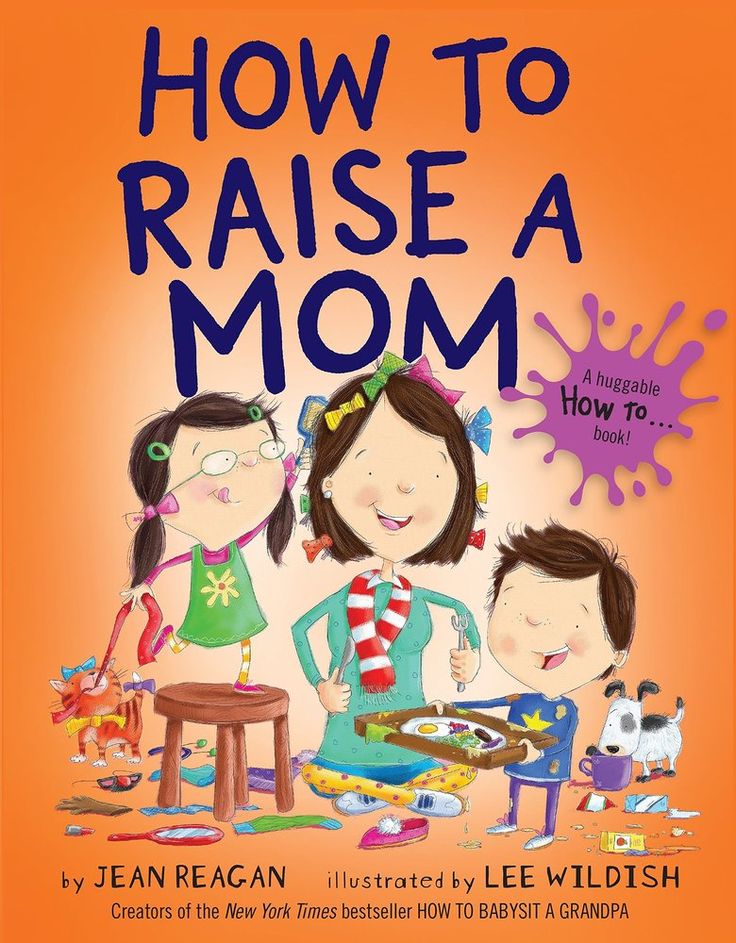 Give them chores.
Give them chores.I will be honest in that I did not grow up with chores. I didn’t even wash a load of laundry or cook any meals until I went away to college.
Although I feel my parents did use other methods to curb entitlement in their children, my husband and I are seeking to place a strong importance on teaching our kids basic household responsibilities from a young age.
We want our children to understand that their parents are not here to meet their every whim and that all members of a family contribute to the household running smoothly.
2. Give them plenty of opportunities to share.
Teach them to share toys, clothes, and, yes, if led to do so, even rooms!
Contrary to what popular culture may teach us, our children are not entitled to the “right” to have their own room. In our country, many children have more square footage to themselves than entire families have in many parts of the developing world!
I shared a bedroom with my sister from the time she was born when I was 22 months old until I went away to college. I can now look back at how it prepared me to share a bedroom with my husband!
I can now look back at how it prepared me to share a bedroom with my husband!
Not only this, but it was a very easy transition to sharing a small dorm room with a stranger, who later became my best friend and roommate all four years of college!
Because our family was living in a 2-bedroom rental house when we added baby girls #2 and #3 to our family, we had no other choice but to put them all in the same room.
We were grateful to find a deal on a used bunk bed via a Facebook garage sale listing, and even when we moved into a 4-bedroom house two and a half years ago, we kept them all together.
Our three girls–ages 7, 5, and 3–know no different than sharing a room with their sisters. We believe it is preparing them for a lifetime of sharing space with others and that sharing a bedroom also helps reinforce sharing in general.
3. Limit their extracurricular activities.
Repeat after me: Your kids do not have to participate in every activity under the sun.
You aren’t a bad parent if your children do not participate in both music and art lessons, a different sport every season, gymnastics and dance, and even character-building clubs.
There is only so much time in the day, and it’s vital that they are spending time with us, the parents, during their “free” time–and not just the hours transporting them to and from their activities!
We seek to be intentional with choosing our daughters’ extracurricular activities, and we look for activities that will fit into our budget.
My husband and I have decided to limit our kids’ activities to one weekly activity. They can do other occasional extracurriculars, such as optional monthly or one-time-events but nothing that will require more than one committed hour per week away from home.
Right now, that translates into our older two girls–ages 5 and 7–taking gymnastics one hour per week.
4. Let them contribute financially.
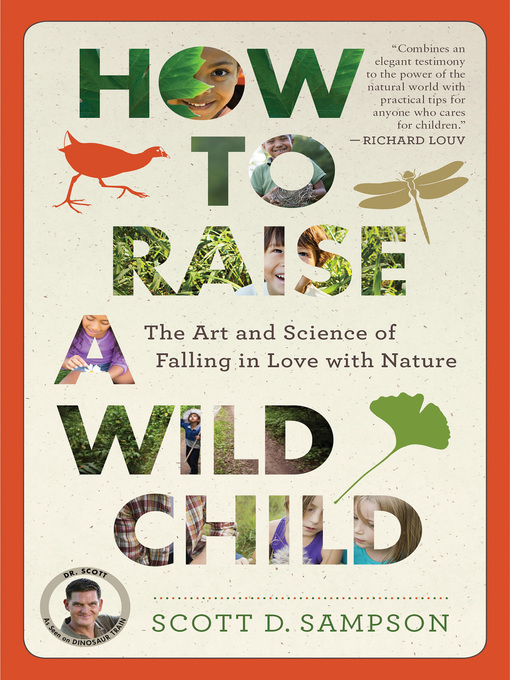
Whether it be saving up to pay half of a new dollhouse, buy their own bikes, or contribute to their own educational funds, when we give our children the opportunity to work hard for what they desire, they will value it a lot more when they get it.
In Raising Grateful Kids in an Entitled World, Kristen wrote about how her family does not plan on paying for their children’s college education:
“We don’t have plans to foot the bill for four years of college, honey. You will get a college education if you want it and work hard for it. It will happen with a combination of scholarships, work study, local summer school, and your dad and I contributing what we can.” ~Kristen Welch, Raising Grateful Kids in an Entitled World
My husband and I are in agreement with Kristen.
I should preface this by saying that I am incredibly grateful that my parents worked hard for me and my siblings to attend college debt-free.
But we are living in a very different world than even that of the 90s and early 2000s. College tuition rates have skyrocketed. At the same time, the understanding that a college education is not always necessary to create a viable income continues to rise.
The truth is that it wasn’t too many years ago that we were barely feeding ourselves each month–much less setting aside funds for our girls’ college.
Even after several years of making a much better income, we still often feel we are recovering from how the Recession affected us. We are just now able to save for retirement, and my husband is nearly 40 (and I am 35).
We had nothing extra, and we know that many families are in that situation still.
What we are doing instead
Because we do desire for our daughters to have the opportunity to further their educations, we are doing something to get them started with the costs:
We are asking that grandparents and extended family members limit their gifts to the girls–which do not last long anyway–and, instead, take the money they would spend and give it to us to put in their education accounts.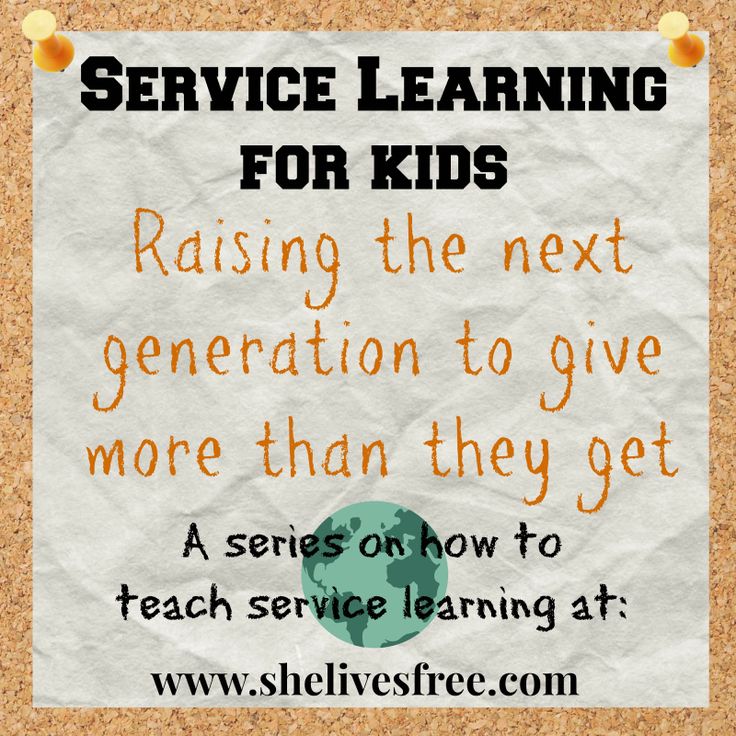
It is not much–just a few hundred dollars per year–but we hope it will add up and have a much deeper impact than some toys would have right now.
5. Limit gifts.
We only give our girls three gifts at Christmas.
Yes, that means we don’t spend hours opening gifts. It means that they receive less than many of their friends do, but it’s very important to us to be intentional with the gift-giving process.
As I explained in this post, we give our girls a want, a need, and a gift to foster spiritual growth.
We want them to grow up knowing that these are more than enough.
The Welch family has worked hard to combat the mentality that more is needed:
“Entitlement winds its course through my home, and the more I’ve become aware of its subtle infiltration, the more I see and hear it blatantly. This is all I get? There’s nothing else?
“We as parents have to examine the question for ourselves, so we can say to our children with conviction, ‘Yes, that is all.
We don’t need more.'” ~Kristen Welch, Raising Grateful Kids in an Entitled World
6. Travel as a family.
In her book, Kristen talks about how a trip to Africa opened her eyes to her own entitlement problem and completely changed her life and worldview:
“It was there in one of the world’s largest and poorest slums that I began to see my life and my own entitlement in light of how the rest of the world lived,” she wrote. “It shook me to the core and flipped a switch inside me that made me stop and reevaluate what was happening.” ~Kristen Welch, Raising Grateful Kids in an Entitled World
I believe it’s very difficult for Westerners, especially those of us living in the United States, to cultivate a true sense of gratitude and eliminate entitlement without being exposed to how the rest of the world lives.
Sadly, many parents don’t look past Disney World vacations when they are planning their family travels.
We have decided that we are not making a Disney World vacation paramount to our children’s childhood.
Will we take them one day? Maybe. It’s not on our radar at the moment. I am sure we will eventually go, but, to our family, taking our children on trips that will shape their worldview by experiencing life outside of the United States is more of a priority.
This past summer, we took our girls on a 5-week trip to Costa Rica, where they were able to participate in an Operation Christmas Child distribution.
When entitlement flares its ugly head, we remind our girls about what they experienced on that trip.
7. Name your blessings.
Scripture constantly admonishes us to name our blessings. I think it’s important to do this aloud with our children.
Two and a half years ago, our family was able to purchase our home, after several years of living on a low income. I used to sit in the driveway and just stare at the house, praising God for His provision.
I would also say–and continue to say–to the girls: “Look how God has blessed us! He has given us this house! He has provided for all of our needs! God takes care of us!”
These are truths that are simple, yet they are easy for even adults to forget. They need to be reiterated to our children again and again.
Raising Grateful Kids in an Entitled World is available at Amazon and other major bookstores. This book is rocking my world, and I think it will yours, too. Every parent needs to read it!
Thank you, Tyndale House, for gifting me with the book Raising Grateful Kids in an Entitled World. It inspired me to write this post and to continue learning how to raise my kids with a biblical world that honors gratefulness and seeks to abolish entitlement.
7 tips for parents on how to raise an unspoiled and grateful child
September 1, 2015 Tips
Every parent strives to raise a smart, capable, kind, sympathetic child, but not everyone succeeds. Children grow up spoiled, capricious, arrogant. In a word, spoiled. In this article, we will advise what to do so that this does not happen to your child.
Children grow up spoiled, capricious, arrogant. In a word, spoiled. In this article, we will advise what to do so that this does not happen to your child.
We, as responsible parents, want to raise our child as prepared for independent life in this unpredictable world. But let's be honest: what many people mean by "preparing for independent living" is just a good formal education. From an early age, the child is taught mathematics, writing, science and other sciences, and a little later they are sent to a strong school. Of course, all this is useful and will definitely come in handy in adulthood, but is it enough to raise an unspoiled child? nine0003
Let's count how many times have you seen smart and educated children who are obsessed with themselves and who are not even interested in the opinions, desires and interests of those closest to them? How many times have you come across intelligent children who do not put their parents in anything (disrespect, rudeness, arrogance, impudence, lies)? And how many times have you met excellent students who, already in adulthood, are completely dependent on their parents? Such children are often called spoiled.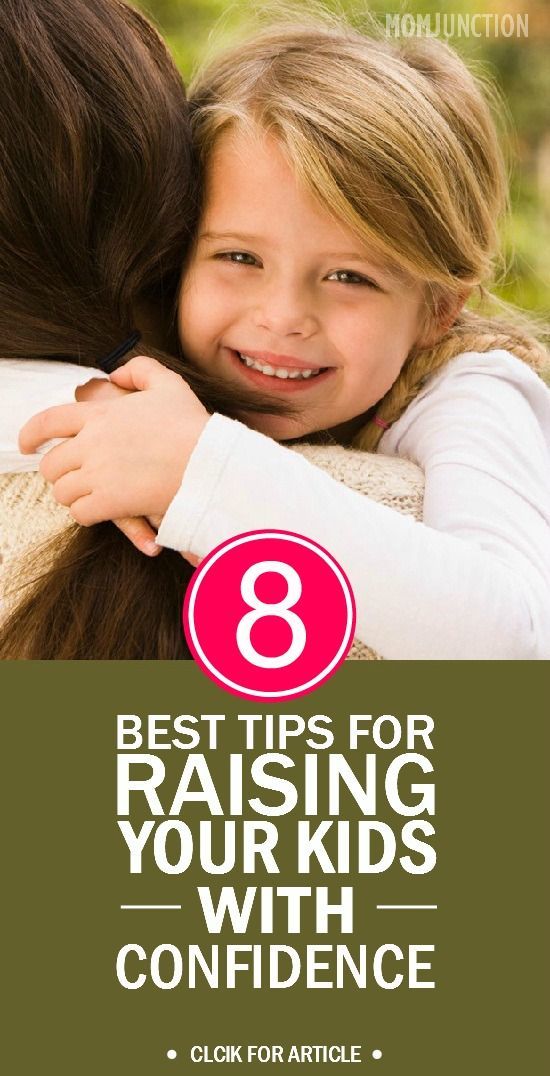 And the truth is that there is no such gene that could "spoil" the child. The only ones who can do this are his parents. nine0003
And the truth is that there is no such gene that could "spoil" the child. The only ones who can do this are his parents. nine0003
It is worth understanding one thing: a sympathetic, caring, disinterested child does not happen by chance, it is only the merit of his parents. Because it is they who have a key influence on the baby. Your child is a reflection of yourself. Therefore, the best advice for raising an ideal child is to be a good example for him. But if everything was so simple, then there would be no problems with education.
Here are some tips that can help you raise a generous, caring and responsible person. Before you read them, ask yourself what character traits do you want to see in your child in a few years? Let your answers become your cherished goal that you will pursue while raising your child. nine0003
1. Love, but set boundaries
Raising an unspoiled child is always a balancing act between two extremes: love and limits, warmth and strictness, generosity and rejection.
Every morning ask yourself: "If I could teach my son (daughter) just one thing today, what would it be?" Check if the answer is consistent with your goals that you are pursuing in education. In the evening, ask a security question: “What did I teach my child today?”. nine0003
2. Stop patronizing!
Good parenting is not about making sure your child is happy. It's more about teaching him how to deal with setbacks, rejections, mistakes, and adversity.
Constantly shielding the child from anything that might cause frustration will not help him master this critical skill. This will not teach him to overcome difficulties, relying only on his own strength.
Stop patronizing your child. Give him the opportunity to learn to manage his life on his own, while mistakes are not so painful. nine0003
3. Learn to empathize
Unspoiled children are taught not to always put themselves first. Instead, they know how to take into account the opinions, desires and interests of the people around them (especially those close to them).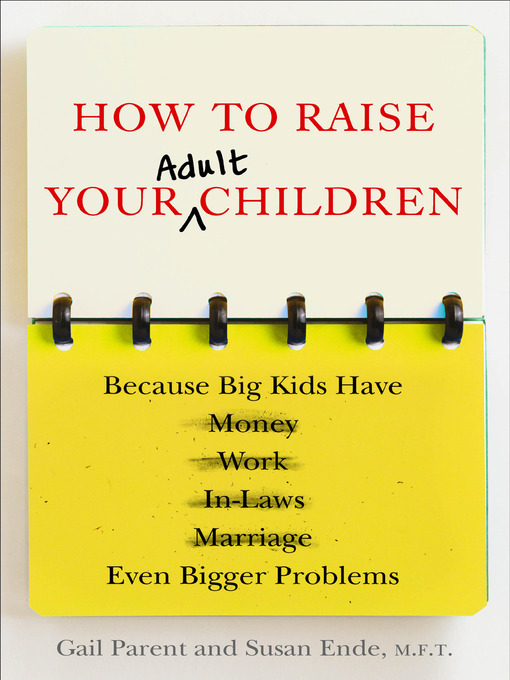
Empathy is an ability that enables a small person to think and look at what is happening from the position of another. This is the foundation for the development of such character traits as respect, restraint, kindness, selflessness.
4. Develop financial responsibility
One of our main tasks as parents is to teach a child to live self-reliantly. This means that we must teach him to manage his finances on his own, and not wait for endless handouts from his parents.
If you feel like a "golden ATM" for your kids, then closing your wallet is the smartest thing to do.
An uncorrupted child is one who understands the words "no" and "not now."
5. Say "no" without guilt
Constant satisfaction of the child's desires will not help to teach him that life will not always go according to his plan. Add the word "no" to your vocabulary and don't feel guilty about having to say it. Believe me, in the long run, your children will still be grateful to you for this.
6. Learn to give, not just receive
Give your children the opportunity to understand that they can change lives simply by giving or doing something for other people. Indeed, many of them do not even realize that this is possible. nine0003
Somewhere I came across an article that said that generous children are not only less selfish and more appreciative of others, but also happier in life.
One of the best ways to keep a child from selfishness is to periodically involve him in volunteer work that does not involve material rewards.
7. Replace "I" with "we"
Children are self-centered. They think that the world revolves only around them. They are more concerned with themselves and their own needs, and they do not pay attention to the opinions and desires of others. And in order not to let them get hung up only on themselves, you need to take them away from the endless “I-I-I” and teach them to think in the “we-we-we” format. nine0003
Here are some simple expressions you can use when talking to your child:
- Let's ask Masha what she would like to do?
- Remember, we always share!
- Ask your friend what he would like to play?
- Now it's your brother's turn.
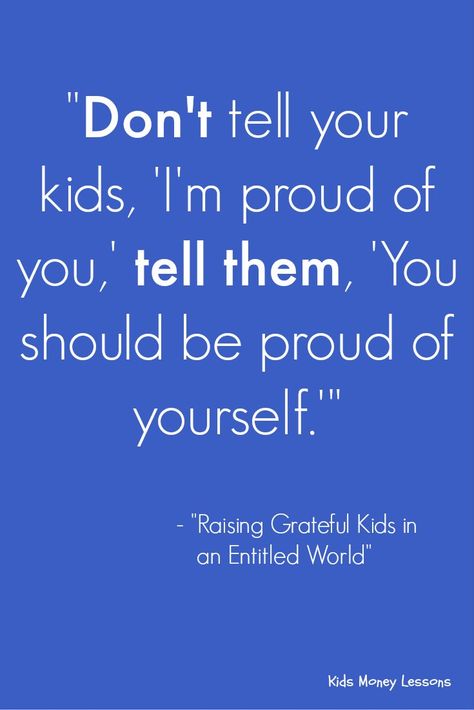
- Let's help mom clean up the room.
Always try to emphasize "we". nine0003
Conclusion
Parenting is not a popularity contest! There will be many times when you will have to make a choice, and your child will not always like it. But if you have made a decision, follow it to the end.
Understand one important thing: you are responsible for your child, and he, in turn, needs you in order to grow up to be kind, caring, responsible and considerate of other people.
Top 10 parenting books on parenting
- Forbes Life
- Ekaterina Aleeva Editorial Forbes
This selection of the best books on parenting from Russian and foreign authors - psychologists and parents. Useful tips and advice, answers to the many questions that every young family faces with the birth of a child
Lyudmila Petranovskaya "Secret support" nine0015
Why read: to understand how modern parents bring up children.
This is probably one of the main books for parents in the first years of a child's life, and the name of Lyudmila Petranovskaya is known even to those who are very far from the world of children. Soviet educational attitudes are still quite strong in our society, so young parents often hear “do not pick up, the child will get used to hands”, “cry and stop”, “do not follow his lead”.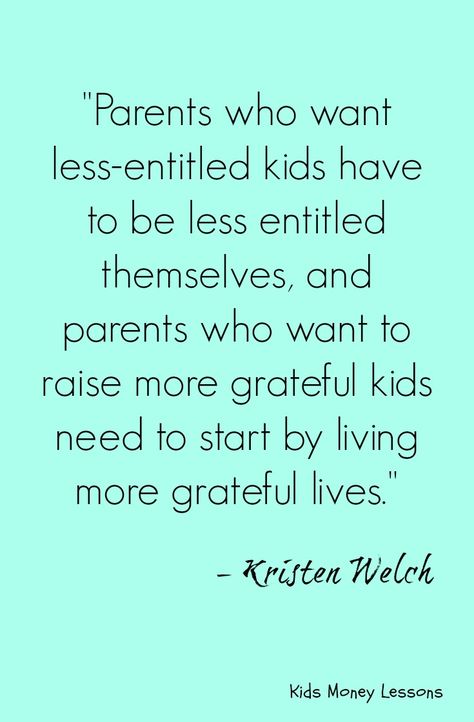 Psychologist Lyudmila Petranovskaya explains in detail why the presence in the life of a child of a significant adult who will always come to the rescue, who can be trusted, who will regret and take it in his arms is the key to a happy not only childhood, but all life. If you have ever heard the term "attachment theory" - you know, that's all it is. nine0003
Psychologist Lyudmila Petranovskaya explains in detail why the presence in the life of a child of a significant adult who will always come to the rescue, who can be trusted, who will regret and take it in his arms is the key to a happy not only childhood, but all life. If you have ever heard the term "attachment theory" - you know, that's all it is. nine0003
Julia Gippenreiter “Communicate with a child. As?"
Why read: to reduce the number of conflicts not only with the child, but also with the partner, and at the same time with everyone around.
Perennial best-selling parenting and psychology book for parents of older children. Julia Gippenreiter can be safely called the Russian guru of education, although her books are useful not only for young parents. In them, she first of all talks about how important it is to hear each other, not to devalue the emotions and thoughts of the interlocutor.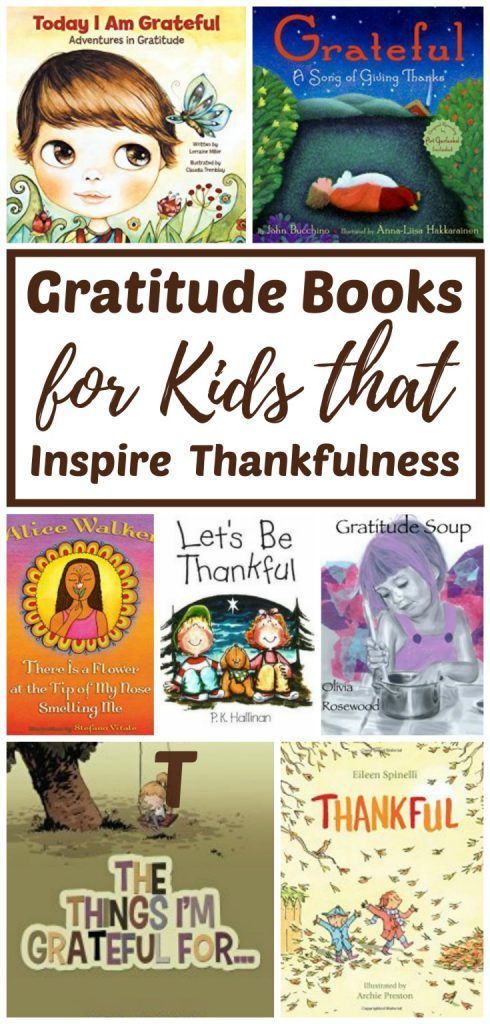 It is from her books that you can learn what “I-message” and “active listening” are, why it is important to go down to the level of the child’s eyes for a confidential conversation with him and learn a lot of other knowledge that will help raise children without screaming and aggression. nine0003
It is from her books that you can learn what “I-message” and “active listening” are, why it is important to go down to the level of the child’s eyes for a confidential conversation with him and learn a lot of other knowledge that will help raise children without screaming and aggression. nine0003
In the second part “Communicate with a child. As?" Gippenreiter cites a real and personal story - she publishes letters that she wrote to her grandson Fedor, a fairly typical troubled teenager. Here, step by step, you can see how she applies her own methods to communicate with him.
Adele Faber and Elaine Mazlish How to talk so kids will listen and how to listen so kids will talk
Why read: to know how to behave with a child in a particular case. nine0003
The book of these educational psychologists is often contrasted with the works of Julia Gippenreiter as an example of a different approach to writing.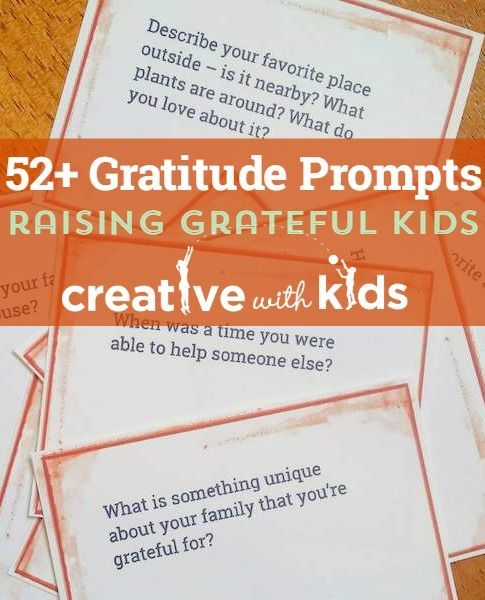 Adele Faber and Elaine Mazlish have worked together for decades and are both mothers of three. Now, unfortunately, only Adele Faber is left alive, she is 94 years old. Books by American psychologists are more like clear instructions on how to behave in specific situations, they have less theory and lyrics, but in general the ideas are similar: listen carefully to children, give them more independence, accept their feelings. It cannot be said that someone's book is better, probably, the difference in the American and Russian approaches affects. nine0003
Adele Faber and Elaine Mazlish have worked together for decades and are both mothers of three. Now, unfortunately, only Adele Faber is left alive, she is 94 years old. Books by American psychologists are more like clear instructions on how to behave in specific situations, they have less theory and lyrics, but in general the ideas are similar: listen carefully to children, give them more independence, accept their feelings. It cannot be said that someone's book is better, probably, the difference in the American and Russian approaches affects. nine0003
Maria Montessori “Children are different. A unique method of early development»
Why read: to give the child independence.
The Italian educator died before most of the other authors on this list were born. At the same time, her method turned out to be the only one that has stood the test of time and remains popular more than a hundred years after the birth of Maria Montessori (for example, Masaru Ibuki’s popular book “After Three is Too Late” is not on this list, but his ideas have been criticized for a long time and a lot, and indeed the very concept of forced "early development" ceased to find support among specialists).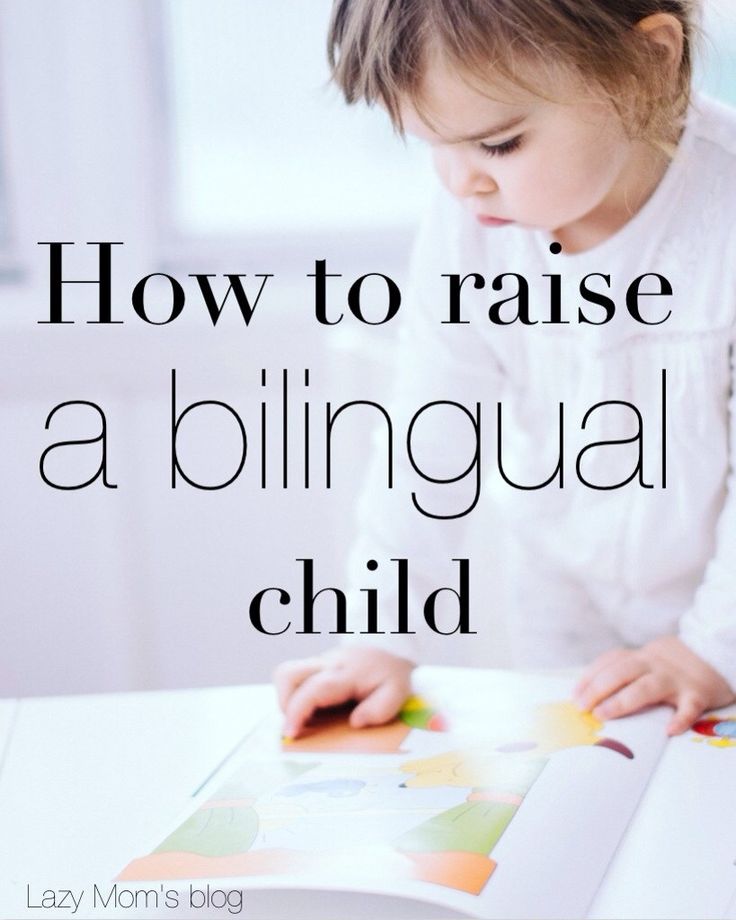 It is up to the reader to decide how much it is worth following all the advice, but many of the teacher's ideas have already firmly entered our lives. For example, creating an accessible environment for a child, where he can easily reach for a toy and take what he wants, seems to be a simple idea, but Maria Montessori made it popular. The same can be said about toys made from natural materials, rattles made from beans and an empty bottle, and a focus on developing fine motor skills in general. nine0003
It is up to the reader to decide how much it is worth following all the advice, but many of the teacher's ideas have already firmly entered our lives. For example, creating an accessible environment for a child, where he can easily reach for a toy and take what he wants, seems to be a simple idea, but Maria Montessori made it popular. The same can be said about toys made from natural materials, rattles made from beans and an empty bottle, and a focus on developing fine motor skills in general. nine0003
Evgeny Komarovsky "The health of the child and the common sense of his relatives"
Why read: to stop being afraid of drafts and other things that grandmother warned about.
In a country where children still wear a hat at +25℃, pediatrician and tireless preacher of common sense Evgeny Komarovsky is a deservedly popular author.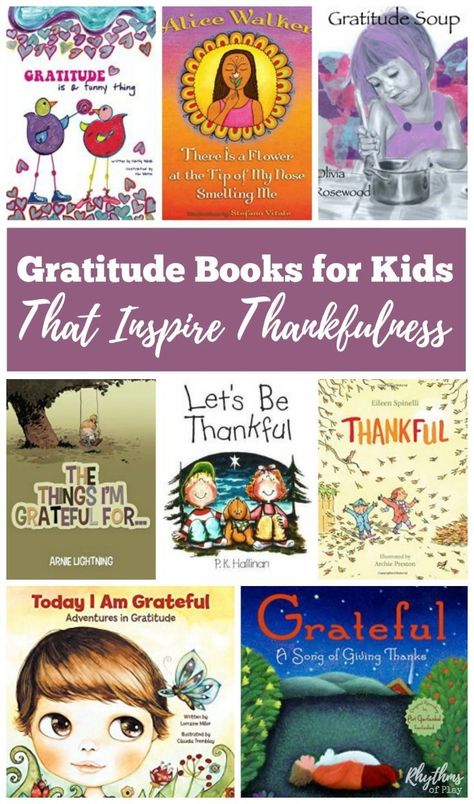 His book was first published in the early 2000s and has since consistently made it to the top of all lists of the most important books about children. Written in an ironic, sometimes even harsh manner, it simply and clearly tells young parents how many degrees should be in a newborn's room, why you shouldn't force him to eat, treat snot, be afraid of the word rickets, and much more. For 20 years, a sufficient number of doctors have appeared in Runet who popularize evidence-based medicine and save children from healing, but it was Evgeny Komarovsky who was the first. The pediatrician also has his own website, where he answers questions, publishes fragments of books, as well as releases of his own program on children's health. nine0003
His book was first published in the early 2000s and has since consistently made it to the top of all lists of the most important books about children. Written in an ironic, sometimes even harsh manner, it simply and clearly tells young parents how many degrees should be in a newborn's room, why you shouldn't force him to eat, treat snot, be afraid of the word rickets, and much more. For 20 years, a sufficient number of doctors have appeared in Runet who popularize evidence-based medicine and save children from healing, but it was Evgeny Komarovsky who was the first. The pediatrician also has his own website, where he answers questions, publishes fragments of books, as well as releases of his own program on children's health. nine0003
Fedor Katasonov "Fediatry"
Why read: to know what modern pediatrics is based on.
If Komarovsky's writing style seems redundant to you and you're looking for a single medical book for your children's library, this is a good choice. The popular pediatrician Fyodor Katasonov wrote a comprehensive book about the first years of a child’s life, in which he touched on all the questions that concern parents: what affects the body during pregnancy, what vaccinations should be done (spoiler: everything that will be offered in the city clinic, and even more), how find the right pediatrician and at what point in general you need to call a doctor. The idea that this should not be done in most cases is revolutionary for Russia, but Katasonov’s arguments are very convincing, and the current situation with the coronavirus, when the healthcare system is overloaded and people are increasingly using telemedicine, proves him right. Also at the end of the book there is a list of literature that Katasonov recommends reading to all parents. nine0003
The popular pediatrician Fyodor Katasonov wrote a comprehensive book about the first years of a child’s life, in which he touched on all the questions that concern parents: what affects the body during pregnancy, what vaccinations should be done (spoiler: everything that will be offered in the city clinic, and even more), how find the right pediatrician and at what point in general you need to call a doctor. The idea that this should not be done in most cases is revolutionary for Russia, but Katasonov’s arguments are very convincing, and the current situation with the coronavirus, when the healthcare system is overloaded and people are increasingly using telemedicine, proves him right. Also at the end of the book there is a list of literature that Katasonov recommends reading to all parents. nine0003
John Medina Rules for the Development of Your Child's Brain
Why read: to know when it is really worth turning on Mozart for a child.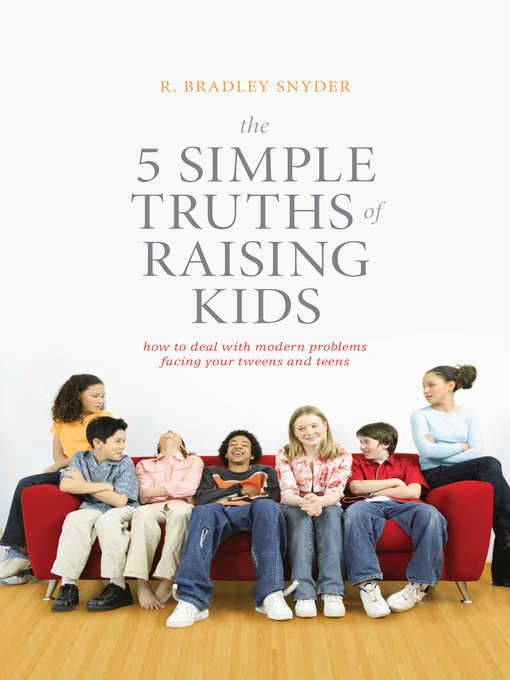
Evolutionary molecular biologist and former consultant to the US Board of Education and Labor John Medina does not position himself as an expert in education. His book is about how scientific knowledge about the brain can help reveal what is needed for the proper development of a child. Medina relies on scientific evidence, and it all aligns with what psychologists and parenting experts advise. For example, he explains why every mother needs time for herself and why parents put up in front of their child if they still quarreled. And in Medina's book there are many examples from life and stories about his experience as a father. nine0003
Ross W. Green "Explosive Child"
Why read: to find an approach even to difficult children.
If you did everything according to the books listed above, studied the sea of literature, and the child still refuses to clean the room and screams in response to a request to get dressed, then perhaps the problem is not with you.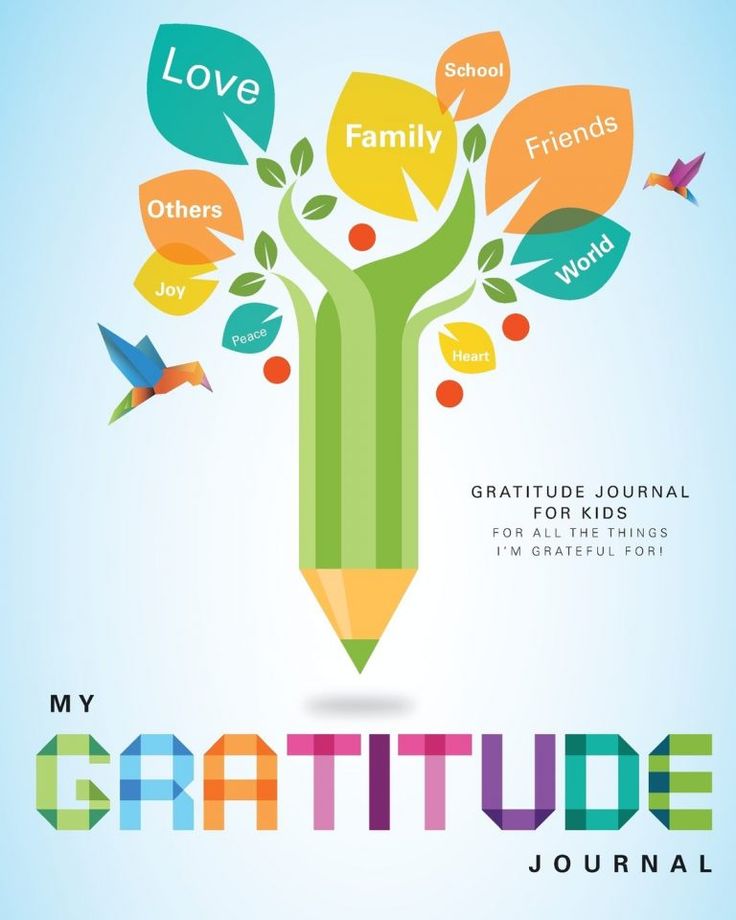 Ross Green has taught for many years in the Department of Psychiatry at Harvard Medical School, and in his book (which, by the way, is also recommended by Fedor Katasonov in his list of additional readings), he talks about children with a certain - explosive - temperament, but it will be useful for all parents to read it. Its main message is: children behave well if they can. Green suggests that poorly developed skills in self-control and adaptability can be seen as difficulties in learning mathematics, for example. It doesn't come easily to everyone equally. Likewise, the ability to be flexible does not appear immediately and for some children requires more effort. It turns out that even for the most difficult child, it is realistic to create conditions when he will be able to conflict much less with parents and others. And this is the light at the end of the tunnel, which every mom and dad needs sometimes. nine0003
Ross Green has taught for many years in the Department of Psychiatry at Harvard Medical School, and in his book (which, by the way, is also recommended by Fedor Katasonov in his list of additional readings), he talks about children with a certain - explosive - temperament, but it will be useful for all parents to read it. Its main message is: children behave well if they can. Green suggests that poorly developed skills in self-control and adaptability can be seen as difficulties in learning mathematics, for example. It doesn't come easily to everyone equally. Likewise, the ability to be flexible does not appear immediately and for some children requires more effort. It turns out that even for the most difficult child, it is realistic to create conditions when he will be able to conflict much less with parents and others. And this is the light at the end of the tunnel, which every mom and dad needs sometimes. nine0003
Dima Zitser "You can't educate love"
Why read: to learn to respect children (and other adults as well).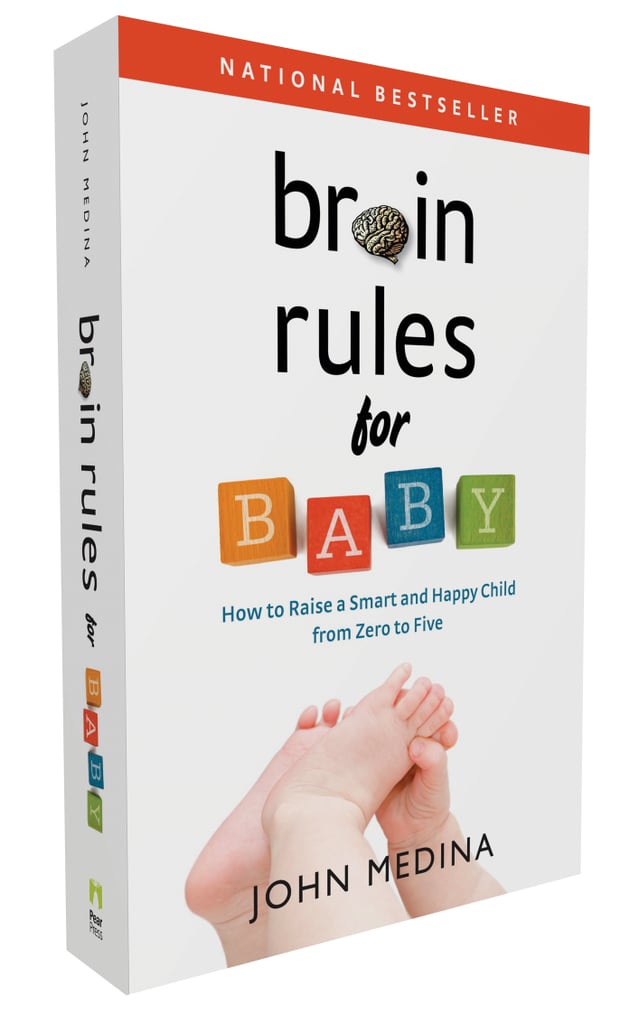
Dima Zitser, Doctor of Pedagogical Sciences, has a huge number of fans. But he has no less opponents. To accept the point of view that a teenager and any child in general is a separate person who always deserves respect is difficult for many in our country. In fact, any book by Zitzer can be recommended, but in this collection, firstly, his positions (often very interesting) on a wide range of issues are well revealed, and secondly, the book talks with parents about things that are relevant here and now. These are not abstract discussions about education, but quite specific problems that families have to solve in the 21st century. nine0003
Natalya Remish “Just about the important. About Mira and Gosh"
Why read: so that your family can talk.
Talking to boys and girls like 6-year-old Mira and 10-year-old Gosha can be difficult.
